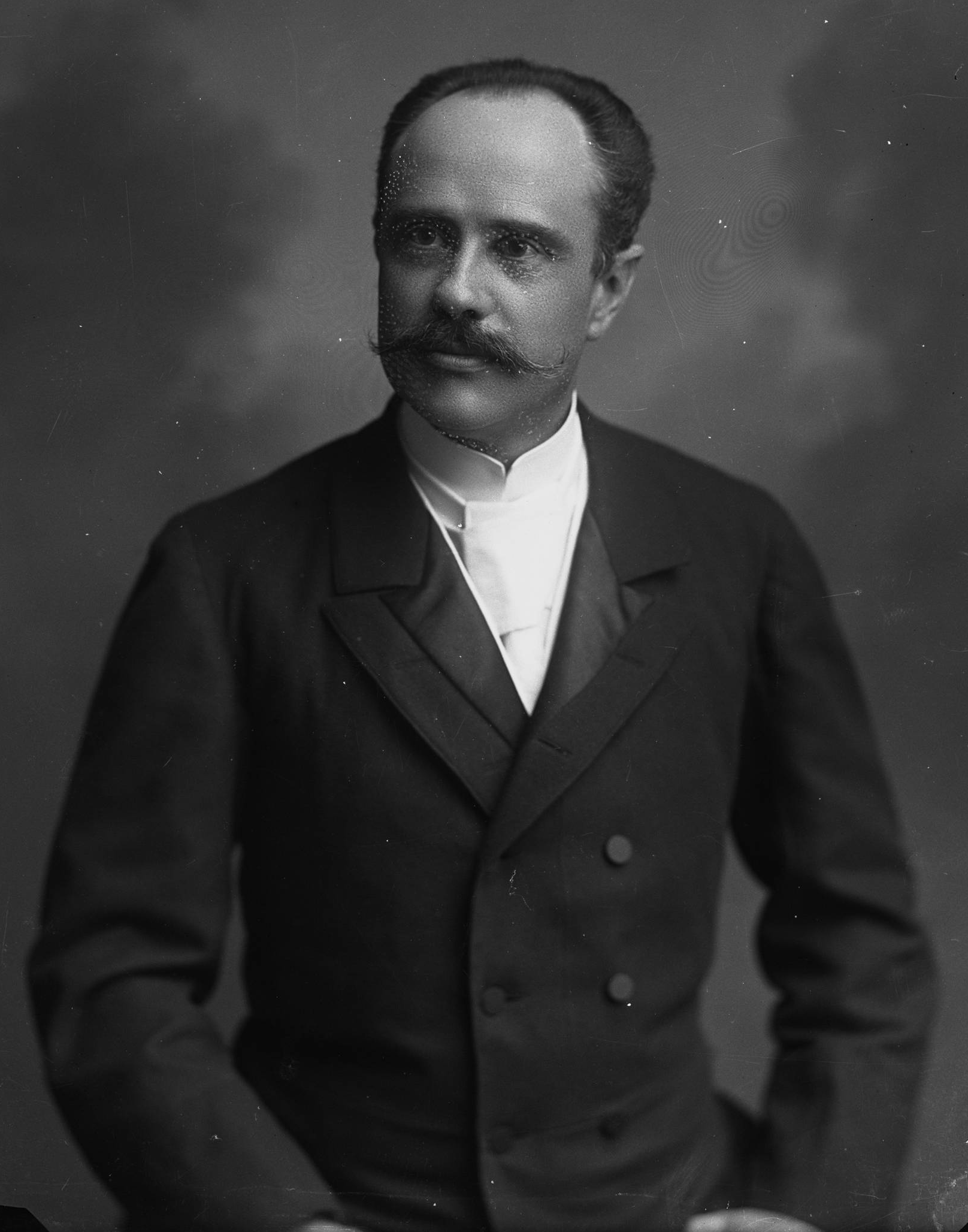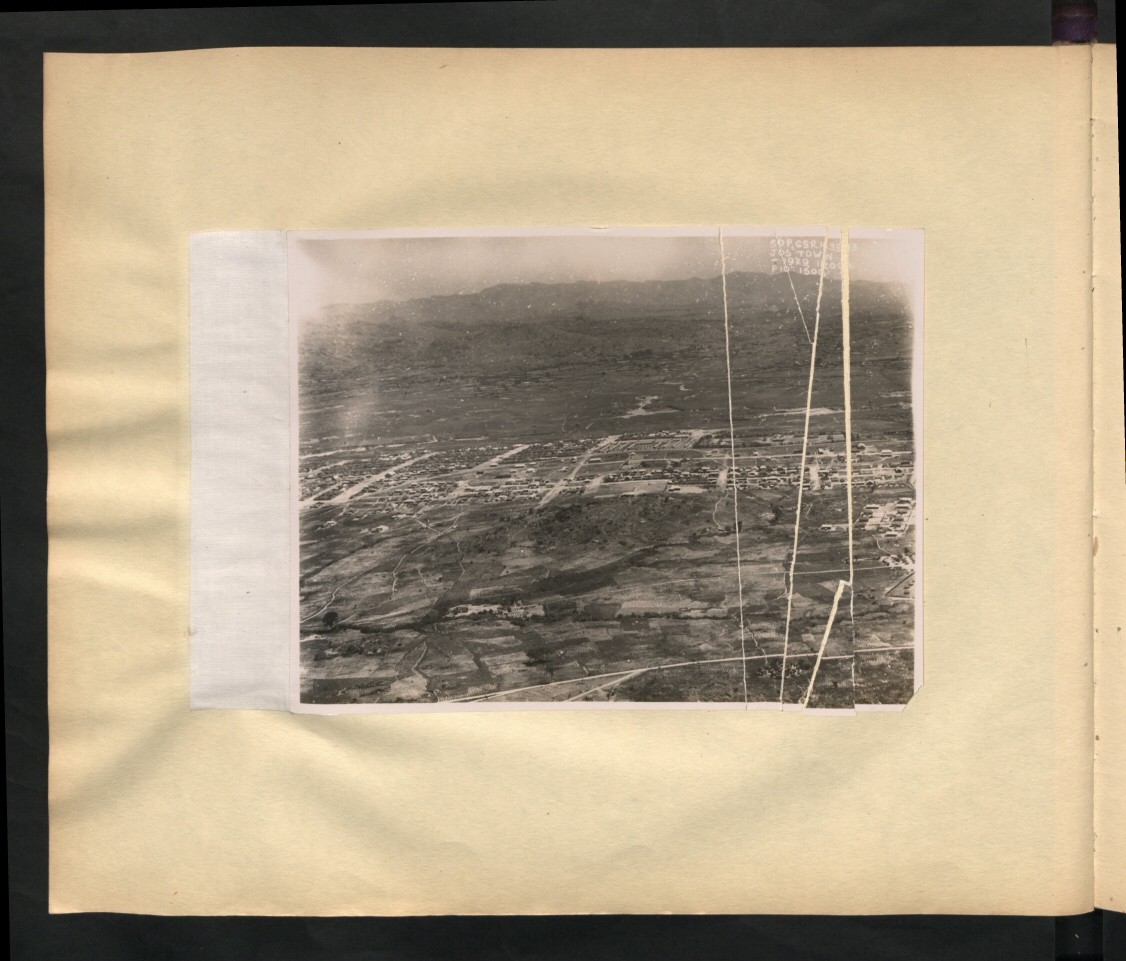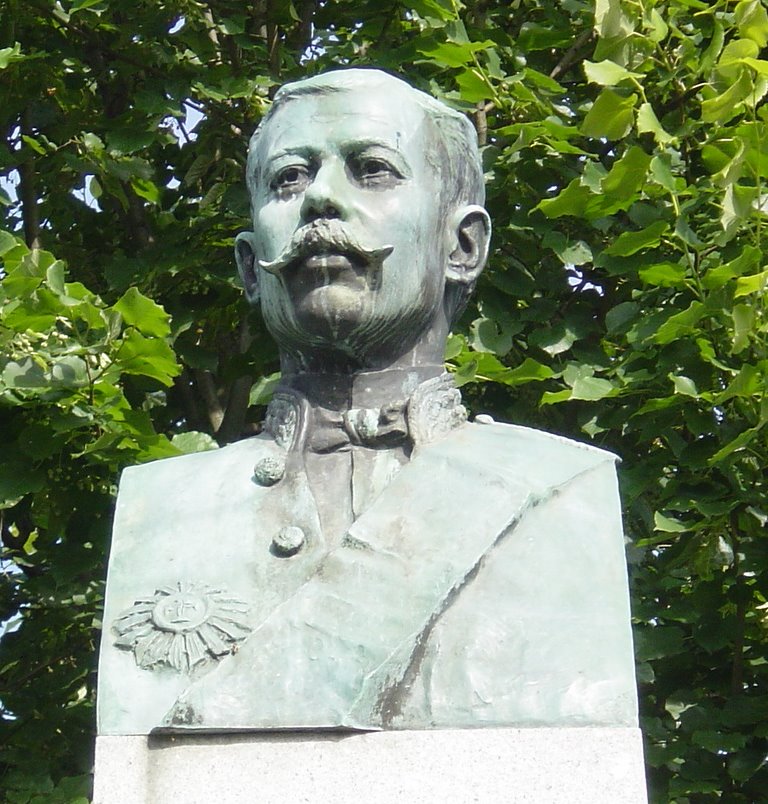|
1904 Portuguese Legislative Election
Parliamentary elections were held in Portugal on 26 June 1904. Dieter Nohlen & Philip Stöver (2010) ''Elections in Europe: A data handbook'', p1541 The result was a victory for the Regeneration Party, which won 100 seats.Nohlen & Stöver, p1557 Results The results exclude seats from overseas territories. References {{Portuguese elections Legislative elections in Portugal Portugal Portugal, officially the Portuguese Republic ( pt, República Portuguesa, links=yes ), is a country whose mainland is located on the Iberian Peninsula of Southwestern Europe, and whose territory also includes the Atlantic archipelagos of ... 1904 elections in Portugal June 1904 events ... [...More Info...] [...Related Items...] OR: [Wikipedia] [Google] [Baidu] |
Chamber Of Deputies Of Portugal (1822–1910)
The Chamber of Deputies of Portugal, alternatively translatable as the House of Commons and formally styled the Chamber of the Gentlemen Deputies of the Portuguese Nation (Portuguese: ''Câmara dos Deputados'' or ''Câmara dos Senhores Deputados da Nação Portuguesa'') was the lower house of the Cortes Gerais, the legislature of the Kingdom of Portugal during most of the constitutional monarchy period. The Chamber of Deputies directly represented the Portuguese Nation, elected through direct suffrage of the electoral circuits corresponding to the districts of Portugal. During the First Republic, the Chamber of Deputies was remodeled after the US House of Representatives The United States House of Representatives, often referred to as the House of Representatives, the U.S. House, or simply the House, is the lower chamber of the United States Congress, with the Senate being the upper chamber. Together they .... History The Chamber was created in 1826 with the Cons ... [...More Info...] [...Related Items...] OR: [Wikipedia] [Google] [Baidu] |
Regeneration Party
The Regenerator Party (Portuguese: ''Partido Regenerador'') was a Portuguese political party. Along with their "rivals" the Progressive Party Progressive Party may refer to: Active parties * Progressive Party, Brazil * Progressive Party (Chile) * Progressive Party of Working People, Cyprus * Dominica Progressive Party * Progressive Party (Iceland) * Progressive Party (Sardinia), Ita ..., they dominated politics in the Kingdom of Portugal in the second half of the 19th century and early 20th century. The Regenerator, Progressist, and other political parties in the late Kingdom of Portugal were all run by friends of the king. References 19th-century establishments in Portugal Defunct political parties in Portugal Political parties established in the 19th century Conservative parties in Portugal {{Portugal-party-stub ... [...More Info...] [...Related Items...] OR: [Wikipedia] [Google] [Baidu] |
Ernesto Hintze Ribeiro
Ernesto Rodolfo Hintze Ribeiro (Ponta Delgada, Azores, 7 November 1849 – Lisbon, 1 August 1907) was a Portuguese politician, statesman, and nobleman from the Azores, who served as Prime Minister of Portugal three times, during King Carlos I's reign. A member of the Regenerator Party, Hintze Ribeiro's reforms in forestry, pharmacy, and autonomy for insular Portugal are the basis of these fields' policies today. Career He was a prominent parliamentarian and Peer of the Realm, Attorney-General of the Crown, Minister of Public Works, of Finance and Foreign Affairs as well as uncontested leader of the Regenerator Party, holding the position of President of the Council of Ministers (Prime Minister) thrice (22 February 1893 – 5 February 1897, 26 July 1900 – 20 October 1904 and 19 March 1906 – 19 May 1906). He was one of the dominant politicians of the final part of the Portuguese Constitutional Monarchy, occupying the post of Prime Minister longer than any other in his ... [...More Info...] [...Related Items...] OR: [Wikipedia] [Google] [Baidu] |
Progressive Party (Portugal)
The Progressive Party (Portuguese: ''Partido Progressista''), along with their opponent the Partido Regenerador, was a political party in Portugal during the constitutional monarchy at the end of the 19th century. Ideology It developed from the Pact of Granja (7 September 1876), which fused the Historic Party and the Reformist Party, which both espoused liberal ideals, and had political opinions counter the Regenerator Party's leader (which included both left-leaning and conservative members), Fontes Pereira de Melo. At the time, the Progressista and Regenerator parties were sociological and psychological different entities, causing factionalist divisions in society. A good example of this breach occurred in Seixal, where two philharmonic bands were established that supported the ''Partido Regenerador'', the Timbre Seixalense, and the Sociedade Filarmónica União Seixalense (created in 1871), which supported the ''Partido Progressista''. The Progressistas (as they were refe ... [...More Info...] [...Related Items...] OR: [Wikipedia] [Google] [Baidu] |
José Luciano De Castro
José Luciano de Castro Pereira Corte-Real (14 December 1834 – 9 March 1914) was a Portuguese politician, statesman, and journalist who served three times as Prime Minister of Portugal. He was one of the founders of the Progressist Party, of which he was the leader from the time of Anselmo José Braamcamp's death in 1885, onward. Castro was the head of government during the Pink Map crisis and the subsequent 1890 British Ultimatum The 1890 British Ultimatum was an ultimatum by the British government delivered on 11 January 1890 to the Kingdom of Portugal. The ultimatum forced the retreat of Portuguese military forces from areas which had been claimed by Portugal on the bas .... The crisis was one of the factors that proved decisive in the fall of the Portuguese constitutional monarchy on 5 October 1910. References 1834 births 1914 deaths People from Aveiro, Portugal Progressive Party (Portugal) politicians Prime Ministers of Portugal 19th-century P ... [...More Info...] [...Related Items...] OR: [Wikipedia] [Google] [Baidu] |
Jos%C3%A9 Malhoa - Portrait Of Jos%C3%A9 Luciano De Castro - Google Art Project
Jos is a city in the north central region of Nigeria. The city has a population of about 900,000 residents based on the 2006 census. Popularly called "J-Town", it is the administrative capital and largest city of Plateau State. During British Empire, British Colonialism, colonial rule, Jos was an important centre for Tin, tin mining and is the trading hub of the state as commercial activities are steadily increasing. History The earliest known settlers of the land that would come to be known as Nigeria were the Nok culture, Nok people ( Common Era, BCE), skilled artisans from around the Jos area who mysteriously vanished in the late first millennium. According to the historian Sen Luka Gwom Zangabadt, the area known as Jos today was inhabited by indigenous peoples, indigenous ethnic groups of Nigeria, ethnic groups who were mostly farmers. According to Billy J. Dudley, the British colonialists used direct rule for the indigenous ethnic groups on the Jos Plateau since they wer ... [...More Info...] [...Related Items...] OR: [Wikipedia] [Google] [Baidu] |
Liberal Regenerator Party
The Liberal Regenerator Party ( pt, Partido Regenerador Liberal) was a Portuguese political party established in 1901, under the leadership of João Franco. The party was asked to form a government by King Carlos I Carlos I may refer to: *Carlos I of Spain (1500–1558), also Charles V of the Holy Roman Empire *Carlos I of Portugal (1863–1908), King of Portugal *Juan Carlos I of Spain Juan Carlos I (;, * ca, Joan Carles I, * gl, Xoán Carlos I, ... in 1906, and its leader ultimately accused of being partly responsible for the assassination of the King in 1908, for the policies he enacted during its tenure. References {{Authority control Defunct political parties in Portugal Political parties established in 1902 1902 establishments in Portugal Conservative parties in Portugal ... [...More Info...] [...Related Items...] OR: [Wikipedia] [Google] [Baidu] |
João Franco
João Franco Ferreira Pinto Castelo-Branco, GCTE (; (14 February 1855 in Alcaide, Fundão – 4 April 1929 in Anadia) was a Portuguese politician, minister, 43rd Minister for Treasury Affairs (14 January 1890) and 47th Prime Minister (19 May 1906 – 4 February 1908). Early life He was the son of Frederico Carlos Ferreira Franco Freire (16 January 1829 – 1909), a nobleman of the Royal Household, and Luísa Henriqueta Pinto Correia da Costa Castelo-Branco (1835–1893). Career He was educated at the University of Coimbra receiving a bachelor's degree in 1875.João Romano Torres (ed.) (1915), p.574-576 On entering an administrative career, he was able to prove himself in public competitions for several positions, including: delegate to the royal prosecutor in the comarcas of Sátão, Baião, Alcobaça and Lisbon (between January 1877 and January 1885); service chief of the general administration for customs-houses (from October 1885); administrator general for customs-ho ... [...More Info...] [...Related Items...] OR: [Wikipedia] [Google] [Baidu] |
O Conselheiro Jo%C3%A3o Franco, %C3%BAltimo Presidente Do Conselho De Dom Carlos
O, or o, is the fifteenth letter and the fourth vowel letter in the Latin alphabet, used in the modern English alphabet, the alphabets of other western European languages and others worldwide. Its name in English is ''o'' (pronounced ), plural ''oes''. History Its graphic form has remained fairly constant from Phoenician times until today. The name of the Phoenician letter was '' ʿeyn'', meaning "eye", and indeed its shape originates simply as a drawing of a human eye (possibly inspired by the corresponding Egyptian hieroglyph, cf. Proto-Sinaitic script). Its original sound value was that of a consonant, probably , the sound represented by the cognate Arabic letter ع ''ʿayn''. The use of this Phoenician letter for a vowel sound is due to the early Greek alphabets, which adopted the letter as O "omicron" to represent the vowel . The letter was adopted with this value in the Old Italic alphabets, including the early Latin alphabet. In Greek, a variation of the f ... [...More Info...] [...Related Items...] OR: [Wikipedia] [Google] [Baidu] |
Prime Minister Of Portugal
The prime minister of Portugal ( pt, primeiro-ministro; ) is the head of government of Portugal. As head of government, the prime minister coordinates the actions of ministers, represents the Government of Portugal to the other bodies of state, is accountable to parliament and keeps the president informed. The prime minister can hold the role of head of government with the portfolio of one or more ministries. There is no limit to the number of terms a person can serve as prime minister. The prime minister is appointed by the president of Portugal following legislative elections, after having heard the parties represented in the parliament. Usually, the person named is the leader of the largest party in the previous election, but there have been exceptions over the years. History Since the Middle Ages, some officers of the Portuguese Crown gained precedence over the others, serving as a kind of prime ministers. Over time, the role of principal officer of the Crown fell upon ... [...More Info...] [...Related Items...] OR: [Wikipedia] [Google] [Baidu] |
Portugal
Portugal, officially the Portuguese Republic ( pt, República Portuguesa, links=yes ), is a country whose mainland is located on the Iberian Peninsula of Southwestern Europe, and whose territory also includes the Atlantic archipelagos of the Azores and Madeira. It features the westernmost point in continental Europe, and its Iberian portion is bordered to the west and south by the Atlantic Ocean and to the north and east by Spain, the sole country to have a land border with Portugal. Its two archipelagos form two autonomous regions with their own regional governments. Lisbon is the capital and largest city by population. Portugal is the oldest continuously existing nation state on the Iberian Peninsula and one of the oldest in Europe, its territory having been continuously settled, invaded and fought over since prehistoric times. It was inhabited by pre-Celtic and Celtic peoples who had contact with Phoenicians and Ancient Greek traders, it was ruled by the Ro ... [...More Info...] [...Related Items...] OR: [Wikipedia] [Google] [Baidu] |


